
Philly gets a second casino, but who will it employ?
As the Pennsylvania Gaming Control Board announcaed that Stadium Casino could build the city's second casino in South Philadelphia, critics are questioning the…
The Pennsylvania Gaming Control Board (PGCB) just approved the city’s second casino, and the area’s fourth, near the sports complex in South Philadelphia. Neighbors had expressed concerns related to traffic and increased crime from patrons who were gambling and drinking. But another concern came not from where the casino will be located, but who it will employ.
In an opinion piece for The Patriot-News, State Representative Cherelle Parker said that the new casino should be diverse in ownership and employment. Stadium Casino LLC, the company that secured the Pennsylvania Gaming Control Board’s approval to construct a new casino in South Philly, is a partnership between The Cordish Cos. and Greenwood Gaming & Entertainment Inc. Greenwood already owns and operates Parx Casino in the Northeast and Cordish owns Xfinity Live!, and about nine other “Live!” entertainment complexes around the country as well as malls and shopping centers.
Parker pointed out that Stadium Casino was the only applicant of the four — the others being Tower Entertainment, Market East Associates and PHL Local Gaming — without minority ownership.
According to the PGCB’s annual Diversity report, representation of Black and Latino employees at the states’ casinos hasn’t changed much in the past four years. At Parx Casino, 11 percent of employees are Black and 6 percent are Latino, while 18 percent are Asian and 63 percent white. The number of women employed at the casino has actually decreased since 2010, from 839 employees (41 percent) to 733 (38 percent). SugarHouse Casino has done a better job at diversifying its workforce, from 5 percent Latino to 13 percent and 25 percent Black to 29 percent in four years. Those demographics are supposed to better represent a city that’s 43 percent Black, 41 percent white, 12 percent Latino and 6 percent Asian, according to the Pennsylvania Race Horse Development and Gaming Act, which the PGCB is charged with enforcing.
The gaming board itself isn’t quite as diverse as the state it serves. Seven of the eight members are men. There are no Black, Latino or Asian members on the board.


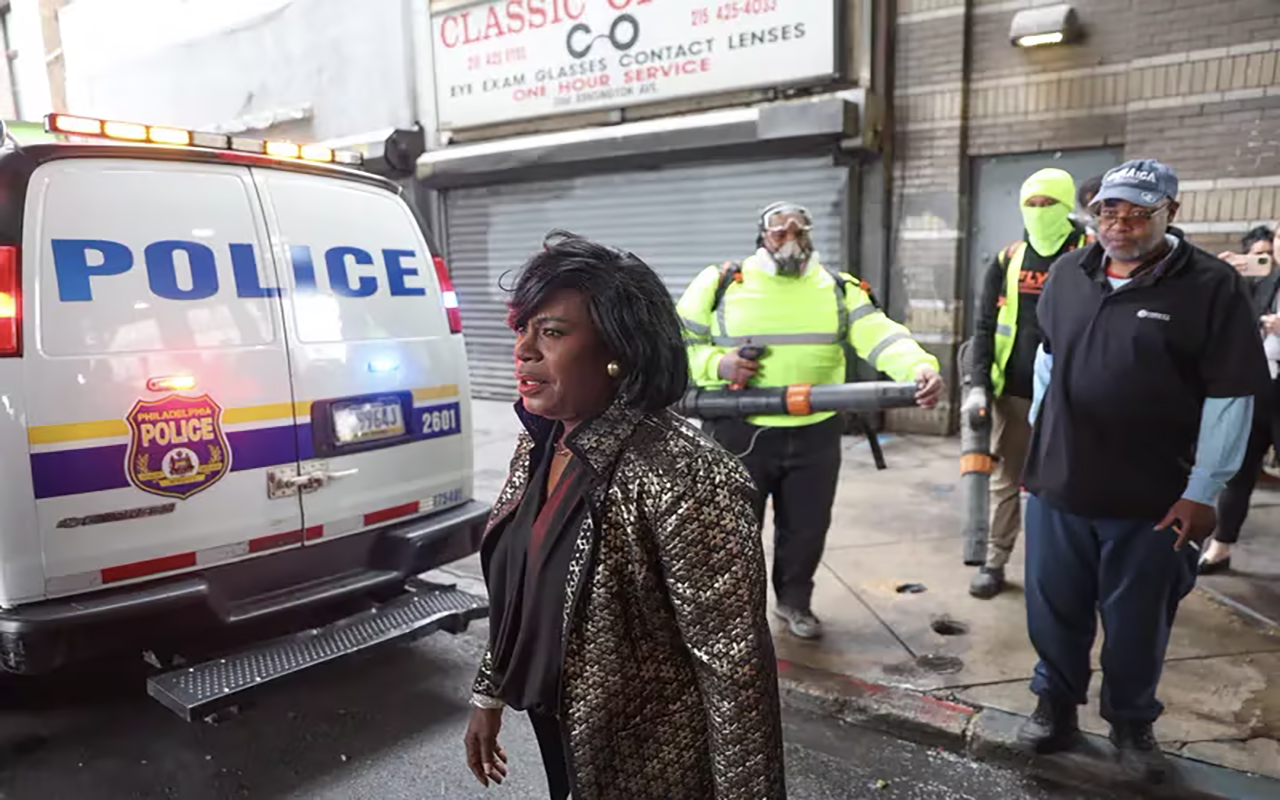
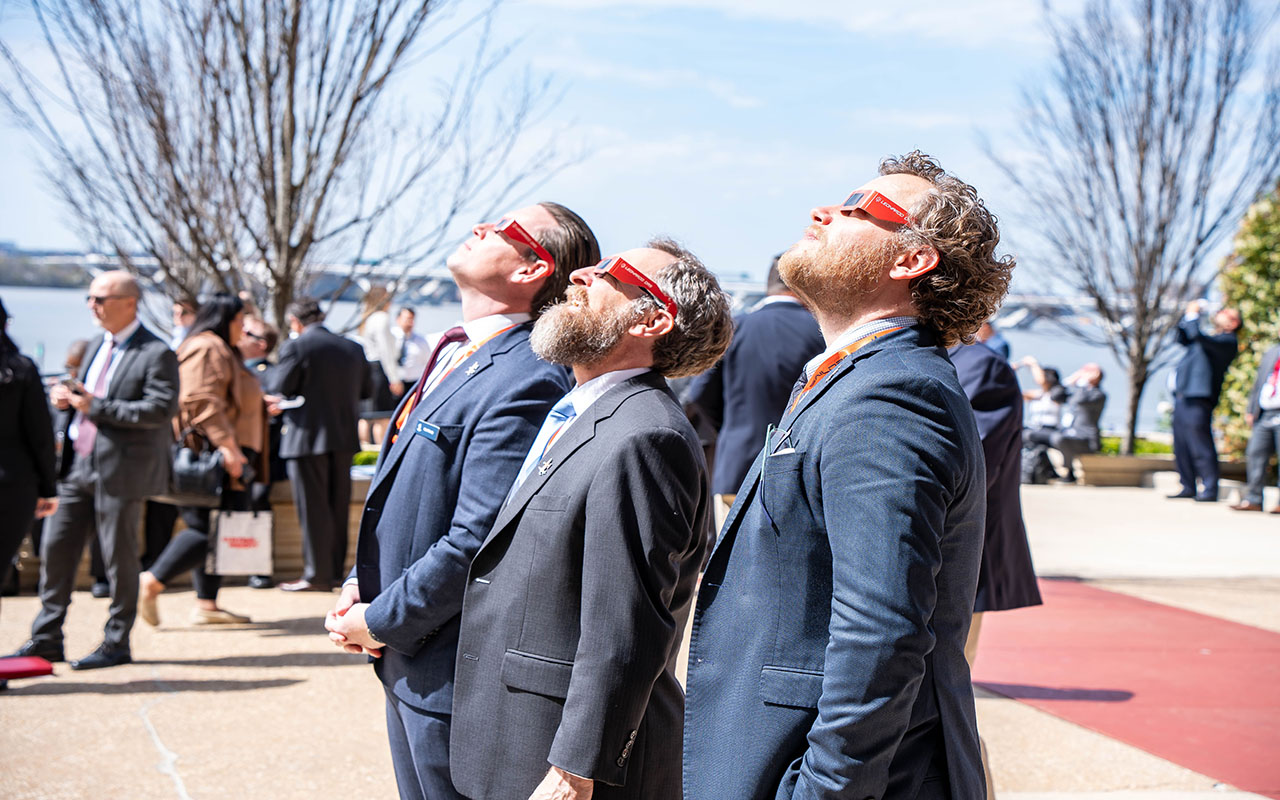

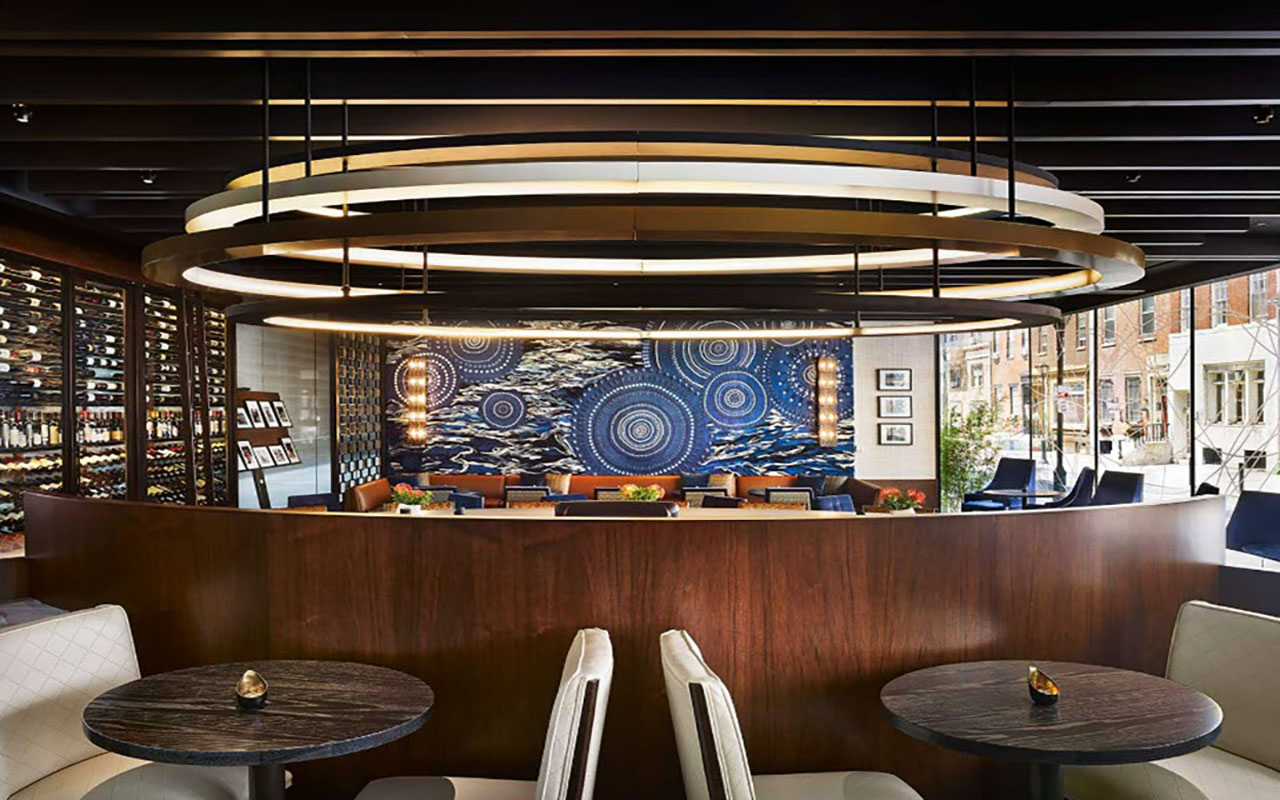

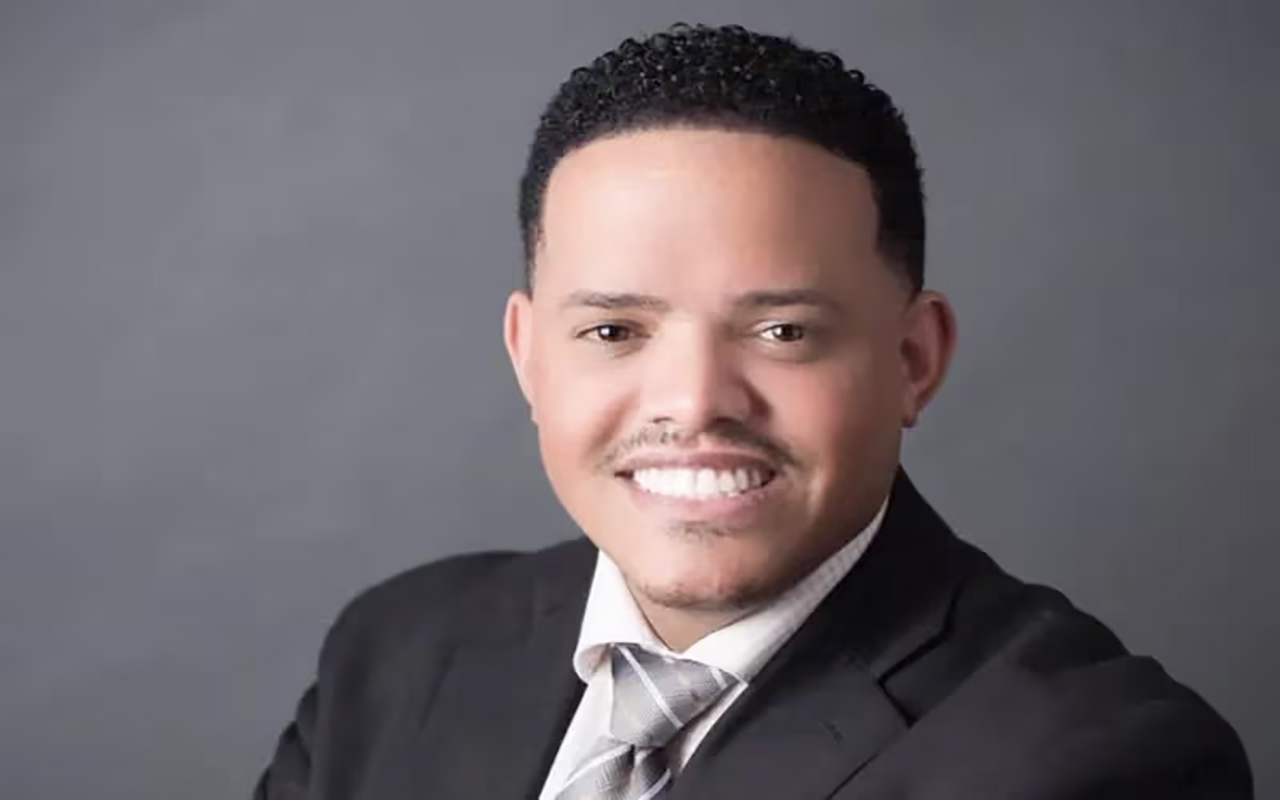
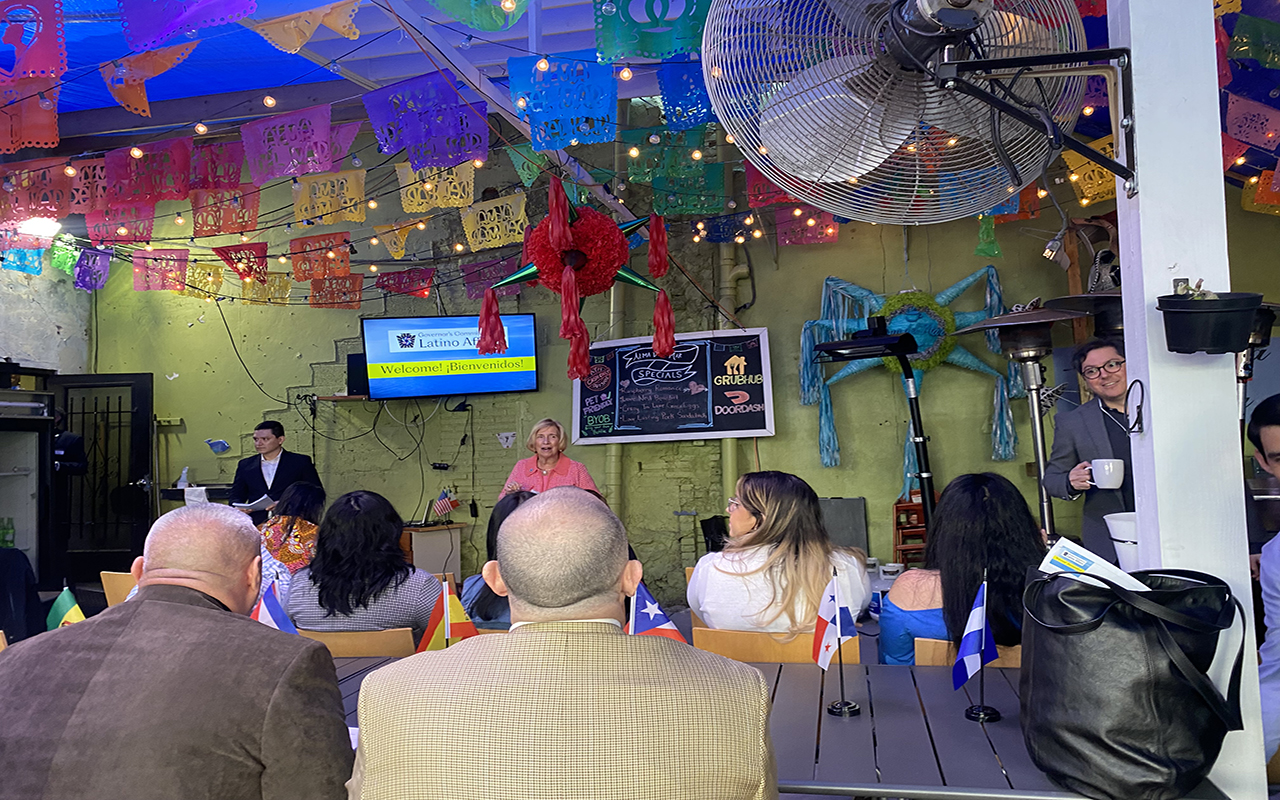

LEAVE A COMMENT:
Join the discussion! Leave a comment.